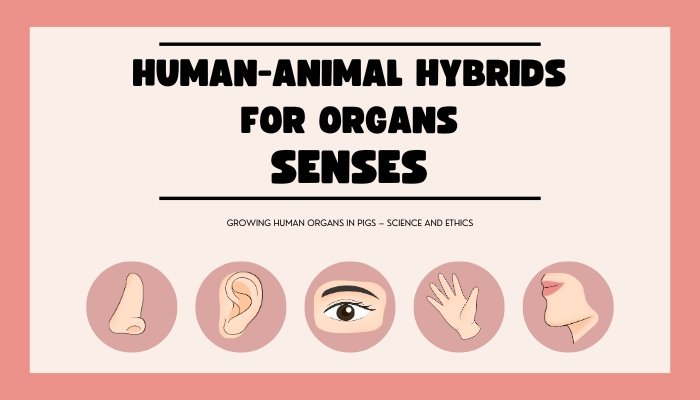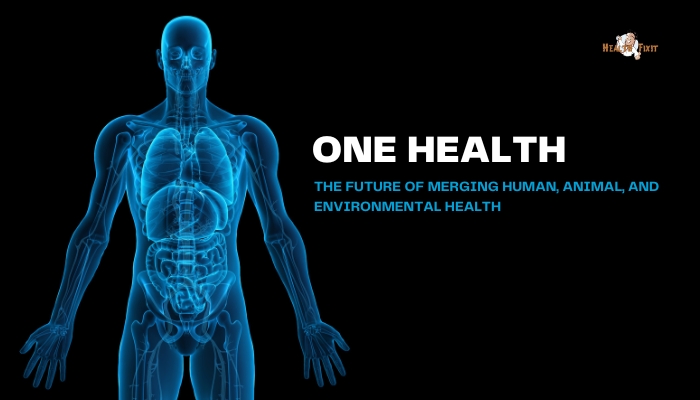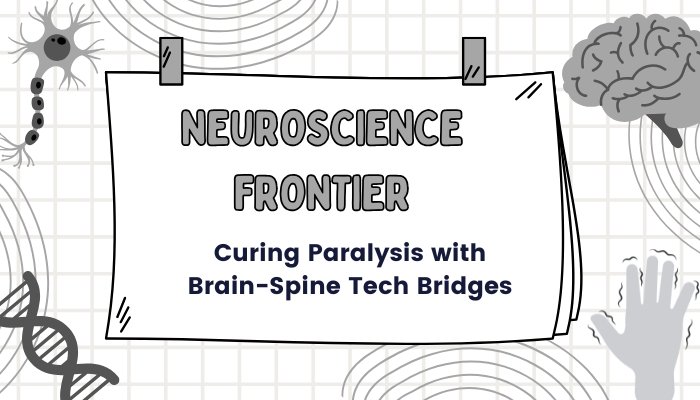Introduction
The demand for organ transplants far exceeds the global supply. Every year, thousands of patients die while waiting for a suitable donor organ. Traditional transplantation relies on deceased or living human donors, but this supply chain is constrained. Scientists are now exploring innovative solutions, one of the most ambitious being the growth of human organs inside animals, particularly pigs, through the creation of human-animal hybrids or chimeras. This approach promises a renewable source of transplantable organs but raises deep ethical, scientific, and societal questions.
The Science Behind Human-Pig Chimeras
Human-animal chimeras are organisms that contain cells from both species. In the context of organ generation, the process typically involves:
- Gene Editing – Using CRISPR-Cas9 or other techniques, specific pig genes that guide organ development (such as those for the pancreas, heart, or kidneys) are disabled.
- Stem Cell Injection – Human induced pluripotent stem cells (iPSCs) are injected into the pig embryo at the blastocyst stage.
- Embryo Development – As the embryo develops, human cells fill the “vacant niche” left by the missing pig organ gene, leading to the growth of a mostly human organ within the pig.
- Organ Harvesting – The pig, once matured, could potentially provide a human-compatible organ for transplantation.
This process is still in the experimental stage, but early studies have shown partial success in creating organs with a mixture of human and pig cells.
Why Pigs?
Pigs are considered ideal candidates for this research for several reasons:
- Size similarity – Pig organs are close in size to human organs, making transplantation anatomically feasible.
- Breeding efficiency – Pigs have short gestation periods and produce large litters, ensuring scalability.
- Established biomedical use – Pigs have already been used for xenotransplantation research, such as pig heart valves in humans.
Potential Benefits
The promise of growing human organs in pigs could revolutionize transplantation:
- Addressing organ shortages – This technology could provide a virtually limitless supply of organs.
- Reduced waiting times – Patients would not need to wait years for a matching donor.
- Personalized compatibility – Using the patient’s own stem cells may reduce the risk of organ rejection.
- Research opportunities – Human-pig chimeras could provide new insights into disease mechanisms and developmental biology.
The Ethical Dilemmas
Despite the promise, this research sparks profound ethical debates:
Human Identity and Species Boundaries
The introduction of human cells into animal embryos blurs the line between species. If human cells migrate beyond the intended organ—especially into the pig’s brain—it raises concerns about creating animals with human-like consciousness or cognitive traits.
Animal Welfare
Pigs bred for organ harvesting would live short lives and undergo invasive procedures. Questions arise about whether this constitutes exploitation or cruelty, even if the end goal saves human lives.
Slippery Slope Concerns
Allowing human-animal chimeras for medical purposes may open doors to more controversial practices, such as enhancing animals with human traits for non-medical reasons.
Religious and Cultural Views
Some religious traditions may oppose the mixing of human and animal biology, viewing it as unnatural or forbidden. Public acceptance will depend heavily on cultural contexts.
Current Progress in Research
- In 2017, researchers at the Salk Institute in California reported creating the first human-pig chimeras, though the proportion of human cells was very low.
- More recently, scientists in Japan and China have made incremental advances, supported by governments easing restrictions on chimera research.
- A major milestone came in 2022, when a genetically modified pig heart was transplanted into a human patient. Though the patient survived only two months, it marked proof of concept that xenotransplantation can be clinically feasible.
Safety and Scientific Challenges
Several hurdles must be addressed before clinical use becomes viable:
- Low efficiency – Human cells integrate poorly into pig embryos.
- Immune compatibility – Even with genetic engineering, the immune system may reject chimeric organs.
- Risk of cross-species infections – Porcine endogenous retroviruses (PERVs) could potentially infect humans.
- Regulatory uncertainty – Different countries have varying levels of acceptance and regulation for chimera research.
Ethical Safeguards and Regulations
To responsibly advance this field, strict oversight is essential:
- Embryo limits – Many countries restrict how long chimeric embryos can be grown before requiring termination.
- Organ-specific research – Research should target only specific organ niches to avoid brain or reproductive system involvement.
- Animal welfare standards – Ensuring humane treatment and minimal suffering of research animals is critical.
- Public engagement – Transparent communication with society about the goals, methods, and safeguards is needed to build trust.
Public Perception
Surveys suggest that people are more accepting of human-animal chimeras when the purpose is clearly therapeutic and life-saving. However, public opinion is fragile, and sensationalized portrayals of “Frankenstein-like” hybrids could lead to backlash. Education and ethical guidelines will play a key role in shaping acceptance.
Future Prospects
Looking ahead, researchers envision a world where:
- Patients can receive custom-grown organs within months.
- Xenotransplantation becomes a standard medical practice.
- Organ trafficking and black-market transplants are drastically reduced.
- Ethical frameworks evolve to keep pace with scientific innovation.
However, this future depends on solving technical barriers, building ethical consensus, and ensuring equitable access to such advanced treatments.
Conclusion
The idea of growing human organs in pigs represents one of the boldest frontiers in regenerative medicine. It has the potential to end the global organ shortage crisis, save countless lives, and transform transplantation into a more predictable and personalized process. Yet, it also challenges our ethical frameworks, cultural values, and perceptions of human identity.
Balancing scientific progress with moral responsibility will be essential. Regulatory oversight, public dialogue, and a commitment to animal welfare can help guide this field forward. While still years away from widespread application, the pursuit of human-animal hybrid organs reflects humanity’s determination to overcome biological limitations. If handled with care, transparency, and ethical responsibility, this technology may redefine the future of medicine and the boundaries of what it means to be human.



